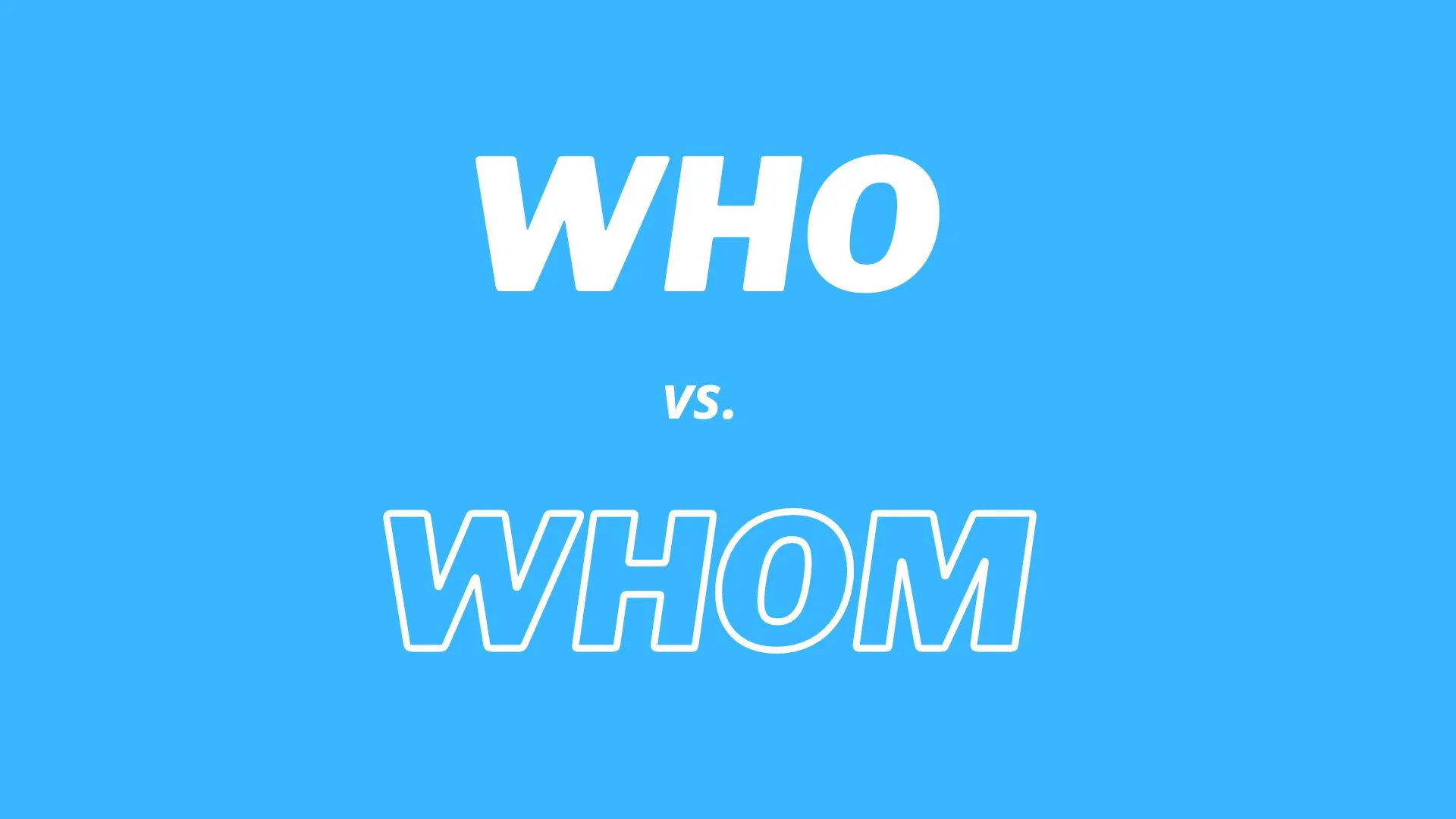

Do you find yourself confused when it comes to using “who” and “whom” in English grammar? If so, you are not alone. Many people find it difficult to understand the difference between “who” and “whom” and how to use them correctly in a sentence. In this article, we will explain the difference between “who” and “whom,” provide examples of how to use them in a sentence, and offer ways to learn and practice English grammar more effectively.
When it comes to English grammar, “who” and “whom” are both pronouns that are used to refer to a person or people. The main difference between “who” and “whom” is that “who” is a subject pronoun, while “whom” is an object pronoun. To understand this difference, let's look at the definitions of a subject pronoun and an object pronoun.
A subject pronoun is a pronoun that is used when the pronoun is the subject of the sentence. This means that the pronoun is the one performing the action in the sentence. On the other hand, an object pronoun is a pronoun that is used when the pronoun is the object of the sentence. This means that the pronoun is the one receiving the action in the sentence.
Now that you understand the difference between “who” and “whom,” let's look at how to use them correctly in a sentence. When deciding whether to use “who” or “whom,” you need to look at the sentence structure. If the pronoun is the subject of the sentence, then you should use “who.” For example, "Who is going to the store?". If the pronoun is the object of the sentence, then you should use “whom.” For example, "To whom did you give the book?".
It is also important to note that you can use “who” and “whom” as the subject and object of a clause. For example, "He, who was my best friend, moved away.” In this sentence, “who” is the subject of the clause, while “whom” is the object of the clause.
Now that you understand how to use “who” and “whom” in a sentence, let's look at some examples of how to use them correctly.
Now that you understand the difference between “who” and “whom” and how to use them correctly in a sentence let's look at some tips that can help you remember the difference between them.
One of the best tips is to remember that “who” is a subject pronoun and “whom” is an object pronoun. This means that if the pronoun is the subject of the sentence, you should use “who,” and if the pronoun is the object of the sentence, you should use “whom.”
Another tip is to remember that “who” is used when asking a question and “whom” is used when making a statement. This can help you remember which pronoun to use in a sentence.
Finally, it can be helpful to practice using “who” and “whom” in sentences. This can help you understand the difference between them more effectively and can also help you remember which pronoun to use in a sentence.
Are you looking for ESL (English as a second language) materials to help you learn English grammar more effectively? If so, you are in the right place! There are many websites, like AmeriLingua, that can help you learn English grammar in a more efficient way. These resources are often free and provide engaging resources. High-quality ESL lesson plans and activities can help you understand English grammar more effectively.
In conclusion, understanding the difference between “who” and “whom” can be difficult, but it is an important part of learning English grammar. Remember that “who” is used when asking a question, and “whom” is used when making a statement. Rely on high-quality ESL lesson plans to help you understand English grammar more effectively.
Date: 03.01.2023
 Theresa
Theresa